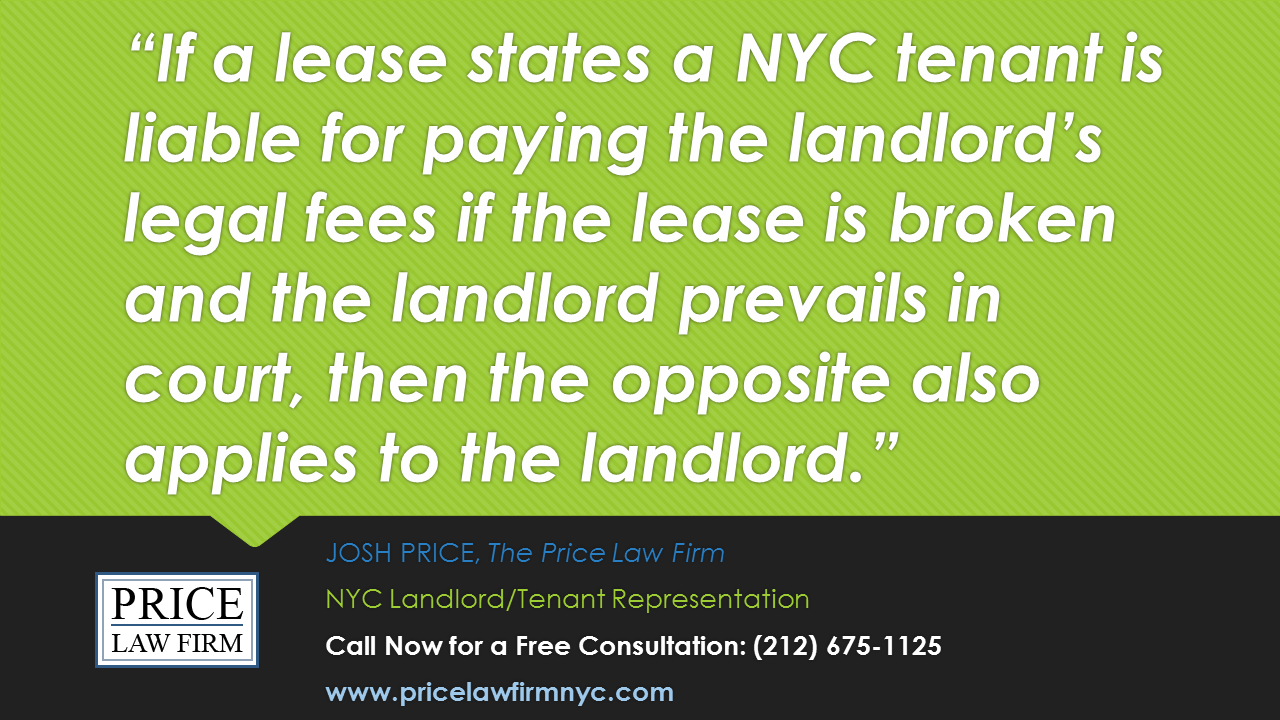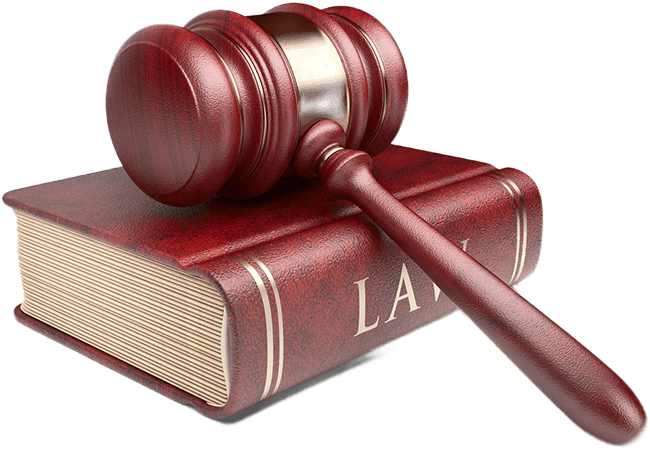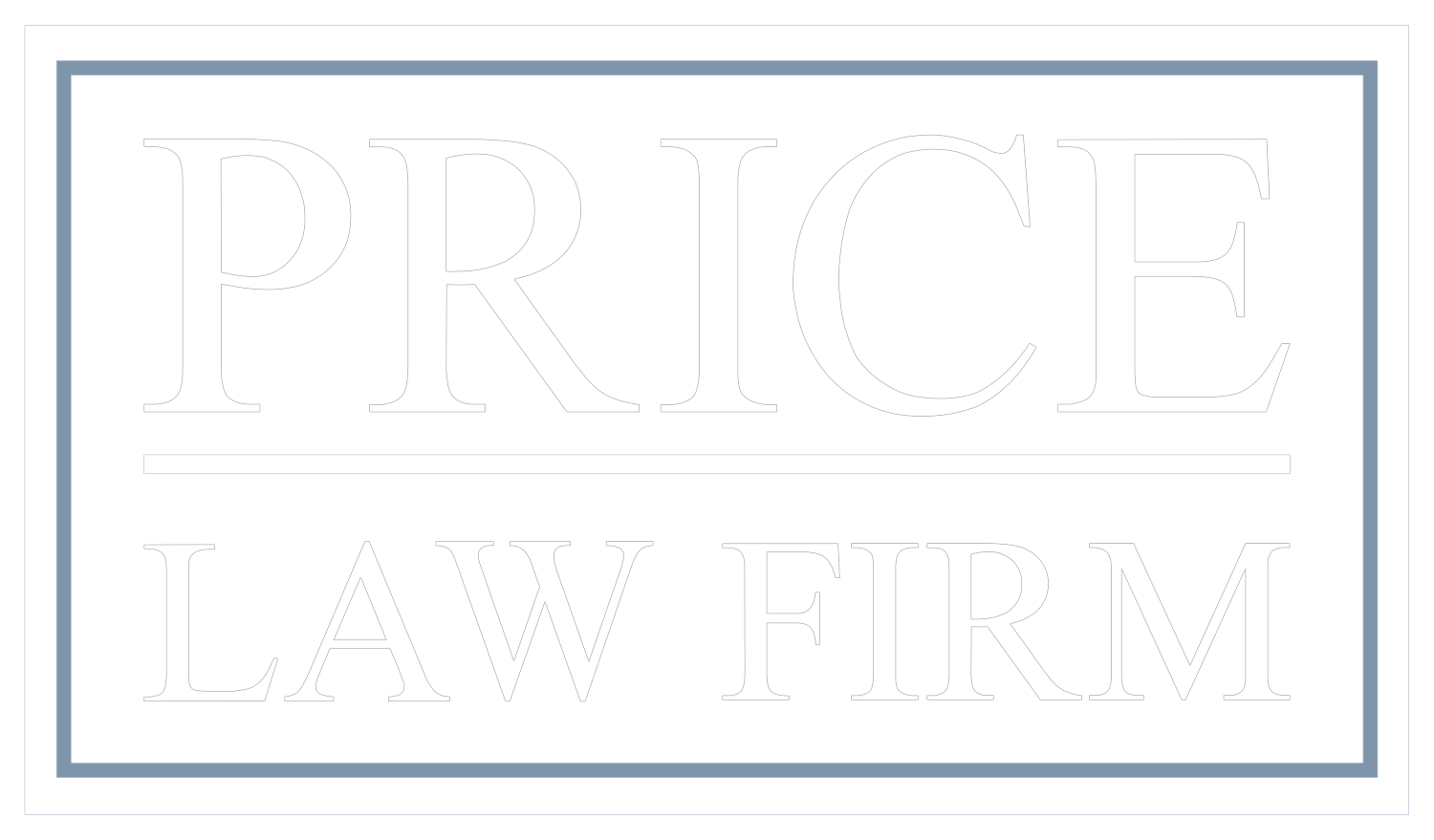
You’ve Got to Fight for Your Right to Legal Fees: See How One Tenant Won

Many landlord-tenant cases will go on for longer than is appropriate because a factor will come into play seen in landlord-tenant cases but not seen in cases in most other areas of the law. That factor is attorneys’ fees.
The Lengths People Will Go to Avoid Paying Legal Fees
In the United States there is a rule that the losing party to a lawsuit never has to pay the winner the winner’s legal fees unless there is a statute or contract that specifically provides for it. A lease between a landlord and a tenant is a contract that will usually provide for the loser to pay the winner the winner’s legal fees.
In most landlord-tenant cases the belief that a party may win and then have his/her legal fees paid by the losing party is a strong factor that will sometimes lead to a party not accepting a reasonable settlement because of the belief that there could be compensation for legal fees expended from the adverse party on the horizon.
Handwriting Expert Called In…
The lengths to which parties will go to prove an entitlement to legal fees was recently demonstrated in the case of Roxborough Apartments v. Kalish , 42 Misc.3d 144(A), ___ N.Y.S.2d ___ (1st Dept. App.Term 2014). There the grandchild of a deceased rent control tenant was sued by the landlord of the building when the grandchild sought succession rights to the valuable rent control apartment. The landlord sued to evict contending that the grandchild had no right of possession. The grandchild prevailed and proved that she had succession rights. After proving that she had succession rights the grandchild (now the tenant) presented a copy of her grandfather’s lease. That lease contained a valid and enforceable legal fees provision. However, without the original and without her grandfather to authenticate the lease that had been entered into by her grandfather and the predecessor of the landlord, the grandchild was in a bind as to how to prove that the legal fees provision applied.
In order to prove that the lease was authentic, the grandchild found a handwriting expert who was able to testify that the predecessor landlord’s signature on the copy of the lease matched the handwriting of the predecessor landlord on other documents used as samples. The Housing Court accepted the copy of the lease as evidence and held that the grandchild was entitled to recover legal fees as against the landlord.

Potential Successors “Win” Whether They Win or Lose
While it was not discussed in this case, there is a quirk in the law as it relates to succession cases. As was discussed above, the entitlement to legal fees stems from the language of the lease. A landlord and a tenant who are the signatories of the lease (or the successors to those who signed it) are the only ones who are bound. In a succession case the purported successor is claiming the right to step into the shoes of the tenant who has permanently vacated. If the purported successor wins then the purported successor steps into the shoes of the former tenant and is bound to the lease – and particularly to the legal fees clause. If the purported successor loses then the purported successor has no contractual relationship to the landlord (because the purported successor did not step into the shoes of the former tenant) and is not liable for legal fees. That is a pretty good deal for a successor – win the case and the landlord pays your legal fees – lose the case and you owe the landlord nothing.
Attorneys’ fees will make landlord-tenant cases more interesting so long as there are leases.
Don’t leave your legal matters to chance. SCHEDULE A CONSULTATION OR CALL US AT (212) 675-1125 for a personalized consultation and let our experts guide you through every step of the process.
Joshua Clinton Price
Founder of The Price Law Firm LLC
Josh Price is a lawyer who is sought by clients with complicated cases because of his extensive knowledge of the law and his ability to help the law evolve.
Search an article
Contact Us for a
FREE Consultation
Blog (Website Form)

Facing a real estate issue?
Contact us to schedule a consultation and get expert legal advice tailored to your specific needs and circumstances.
OR CALL US NOW AT:
SHARE THIS ARTICLE:
Recent Posts
Get Expert Legal Advice











